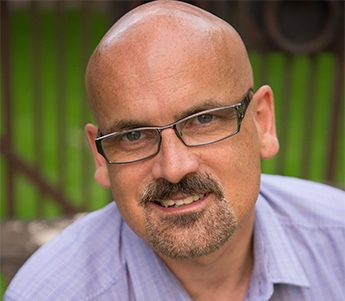Closeted Stories



Closeted Tweets
-
'''' 56 years ago
Manny Calisto
 Working for over 20 years in Winnipeg high schools, Emanuel (Manny) Calisto has made it his mission to ensure LGBT students don’t experience the mental anguish he went through as a gay teen in the early eighties.
Working for over 20 years in Winnipeg high schools, Emanuel (Manny) Calisto has made it his mission to ensure LGBT students don’t experience the mental anguish he went through as a gay teen in the early eighties. “My experience of being closeted in high school drove me to facilitate workshops with teachers on how to make high schools safer for LGBT students.”
Manny is now a vice principal in the Seven Oaks School Division. He says when he was in high school at Maples Collegiate, the perception he had of his sexuality prevented him from having any idea of what his future would look like.
“If you were going to high school at the time that I was going to high school, the idea that you would be able to marry your partner was not even remotely on the radar.”
“My only conception of marriage was that I would have to get married to a girl, a woman, and I knew that was never going to happen for me.”
“I wasn’t seeing anything in my world that was saying if you’re gay you are going to be loved and supported.”
Manny says he felt disconnected from his high school friends. He believes he wasn’t able to develop friendships to their full potential because of his closeted sexuality.
“I hung out with girlfriends and was really comfortable with them, but I wasn’t engaged in the talk around dating that they were.”
“I wanted to talk the way they were talking, but I knew that I couldn’t. If I did I would be having the same conversation but the object of my affection would be a guy.”
“There were definitely certain guys that I was attracted to in high school.”
“I didn’t have a single friend at the time that I felt I could tell. Even my closest friends I didn’t think I could tell them.”
As a member of his school’s glee and choir clubs, Manny found opportunities for creative expression. He says he had no desire to participate in student council or sports teams.
“The gym intimidated me.”
“If I heard homophobic language it would be in the gymnasium. Even from some of the gym teachers.”
“The word faggot was thrown my way a few times.”
Manny says he was constantly reminded to say quite about his sexuality by influencers in and out of his high school.
“None of our teachers would talk about being gay. The only place I would hear the word gay would be in two ways: some public figure getting in trouble for being gay, or aids.”
Two years ago, Manny was involved in the first national gay-straight alliance conference in Toronto. He draws from his experience at the conference and his own high school years to advice Winnipeg teachers on how to construct safe spaces for LGBT students.
“When I was a teacher, I knew I had kids like me in my classroom so I knew I needed to present them with a well adjusted example of being gay.”
“You make sure that LGBT perspectives are told in classrooms, you raise awareness of who LGBT people are, and you provide positive role models.”
Over the years, Manny has had students confide in him about their sexuality and their fears of coming out of the closet.
“The best advice I’ve given to young people is that you have to be sure this is the right time for you to come out. Listen to what people in your life are saying, look for those allies.”
“You have to remember that you’ve been processing this for a really long time and some people just aren’t ready for it.”
“Even some of those folks who weren’t supportive in the beginning, they will probably come around. It just takes time.”
Manny says Winnipeg high schools are safer than when he was a student. He wants to see stronger alliances form between LGBT and non-LGBT students and teachers to further reduce homophobic bullying.
“There are people working in high schools that are still getting used to the idea that there are openly gay kids in their schools.”
“I think successful GSA are the ones who do a lot of outreach. Who do not create a space that is closed off from the rest of the school. The goal is to change the culture of the school.”